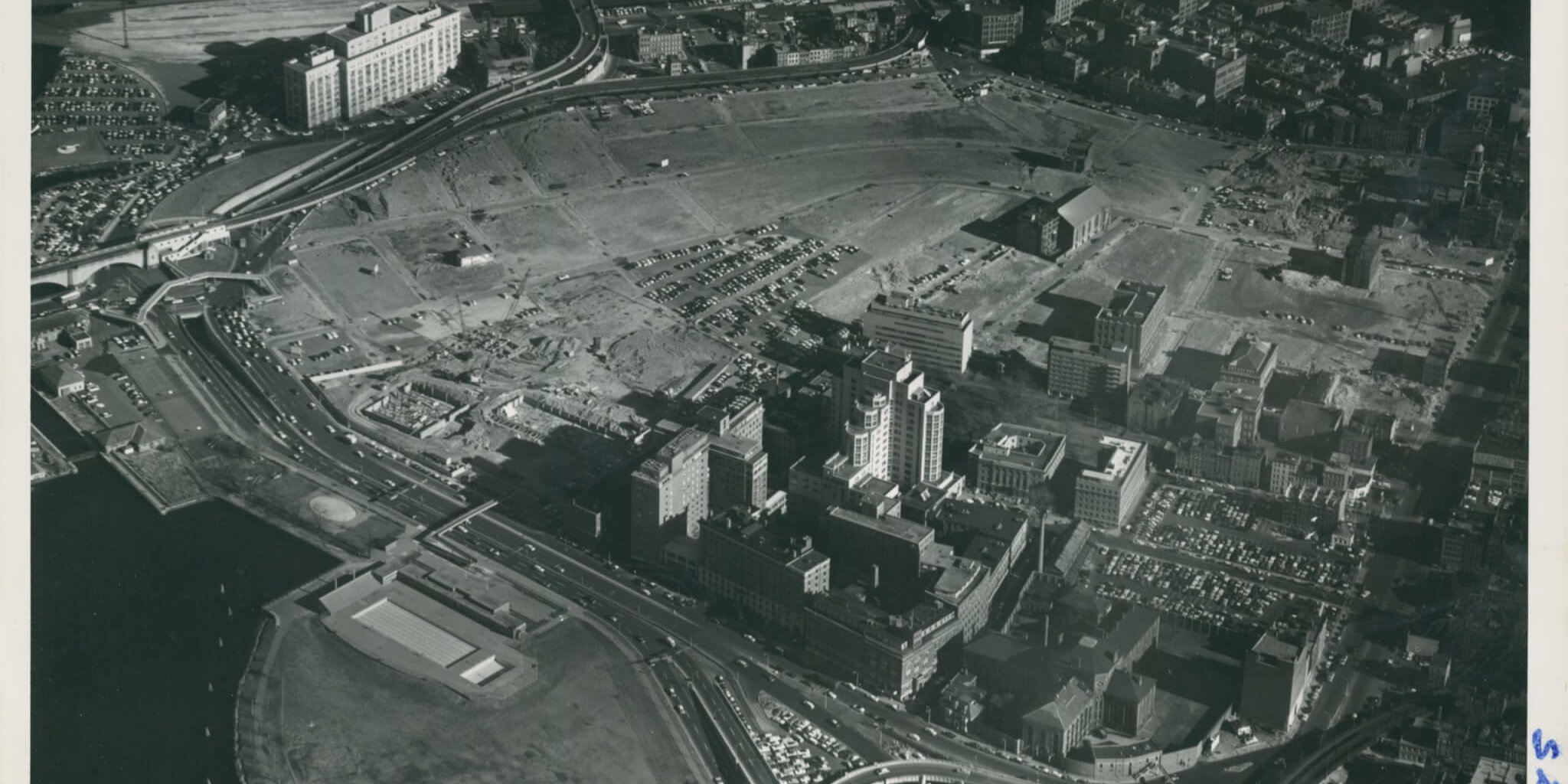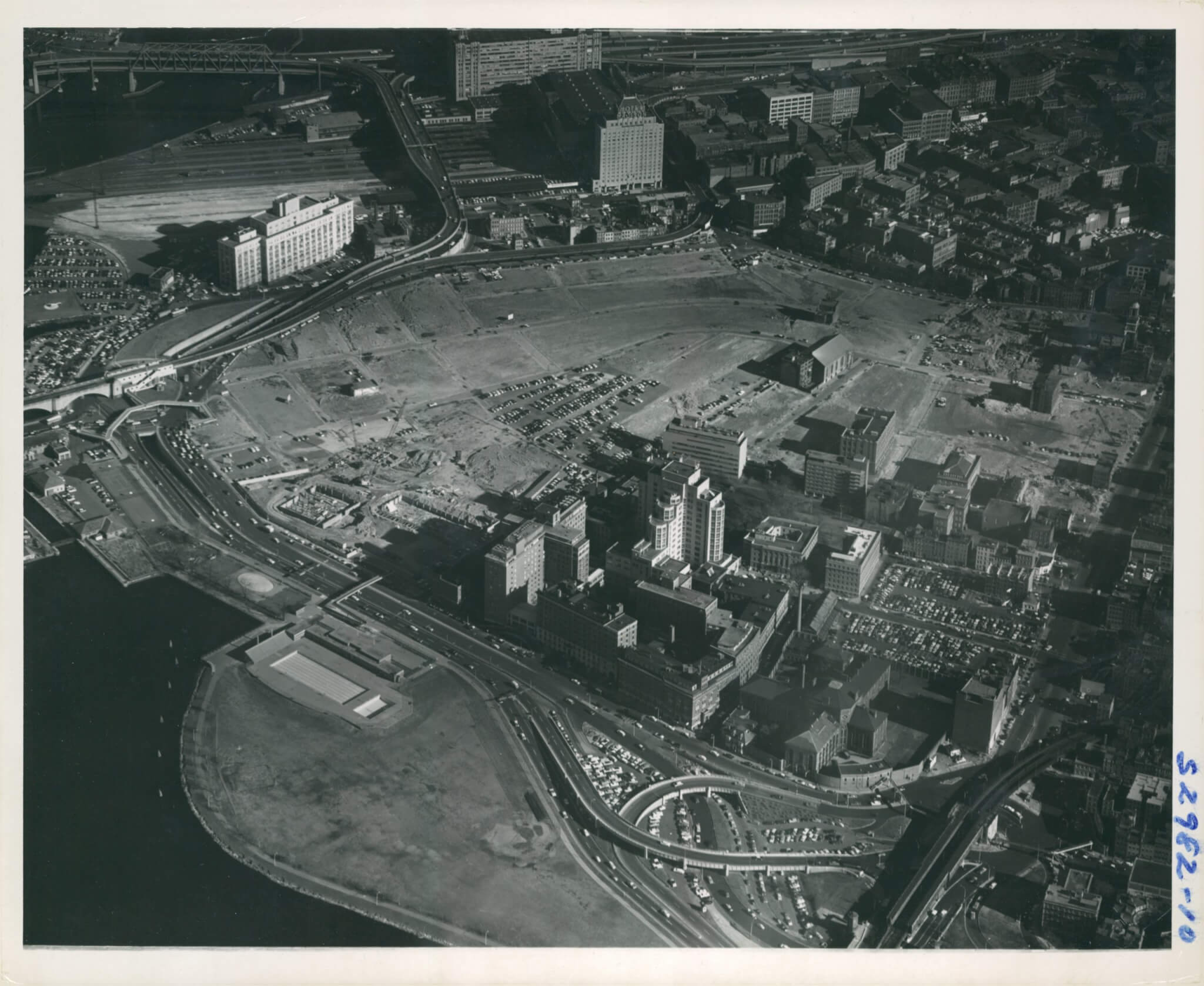Dewey Defeats Truman/The Housing Act of 1949
With the modern-day 24-hour news cycle, it’s hard to believe that we once relied on daily newspapers to deliver word of current events. But so it was in 1948, when one of the most infamous—and totally inaccurate—headlines of the day broke. The West End Museum highlights that headline, the post-WWII national housing crisis and the onset of the federal urban renewal program.
Dewey Defeats Truman/The Housing Act of 1949 explored Democrat Harry S. Truman’s re-election in the face of a mounting housing demand, which prompted him to put urban renewal on the national agenda and set in motion the next chapter of the story of Boston’s West End.
The national housing crisis sparked bitter debate between Republicans and Democrats. During his campaign, Truman seized on the public’s frustration with the lack of progress and blamed the Republican-dominated Congress. The “Do-Nothing Congress,” as he called it, had refused to commit funds to urban renewal. But following his re-election, Congress returned to Democratic control and earmarked funding for the program that would lead to the demolition of neighborhoods like the West End, an unintended consequence of the housing solution.
“Regardless of how well-intentioned federal urban renewal may have been, the ultimate result for the West End was the complete destruction of a vibrant, tight-knit community and the displacement of thousands of families who called that neighborhood home,” said Duane Lucia, West End Museum Curator. For this exhibit, Lucia is joined by co-curators Bill Kuttner and Jim Briand.
Dewey Defeats Truman/The Housing Act of 1949 tells the story of the origin of urban renewal, including the legislation that financed “slum clearance” in American cities. Ironically the Act fell under Truman’s “Fair Deal” initiative. While envisioned to address the national housing shortage by transitioning families from “slums and firetraps” into safer public housing, the Act failed to recognize the cost of destroying the well-established communities in which these families lived.


